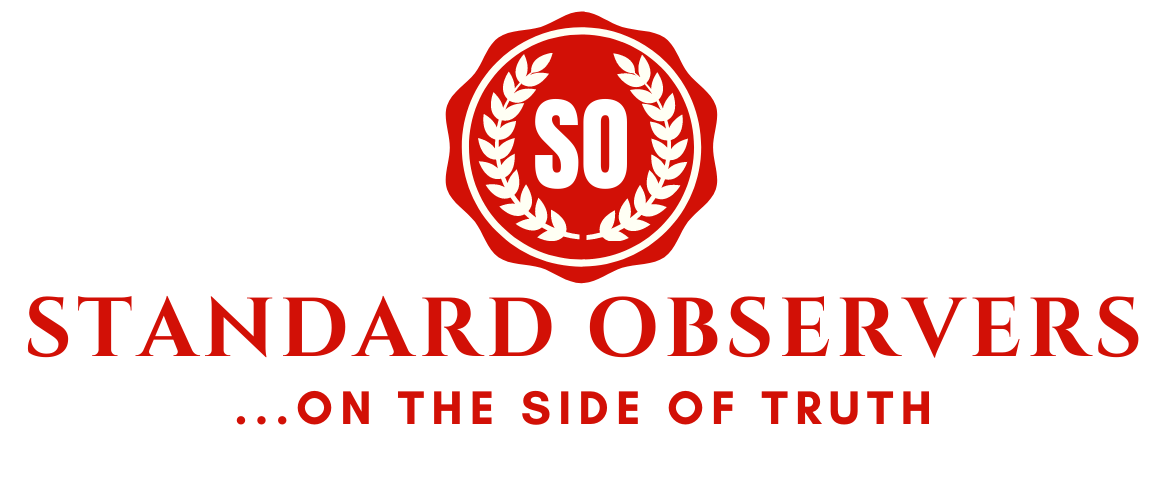Peter Obi, presidential candidate of the Labour Party, has said that adequate investment in agriculture can address food inflation and insecurity in the country.
Mr Obi said this in his message on the occasion of the 2022 World Food Day, which is celebrated on October 16 of every year.
The former governor of Anambra blamed the neglect of the agricultural sector by successive governments for the prevalent soaring food prices in the country.
He said the current food inflation was a fallout of insecurity which had made it impossible for farmers to go to their farms and engage in food production.
Mr Obi said that if elected president in 2023, fighting insecurity would be his priority, noting that securing the nation was a primary condition for meaningful development, including massive food production.
According to him, If you secure the country, the farmers will return to the farms, produce more foods and agricultural products, and food inflation will go down.
He said over dependence on oil had diverted government attention and investment from the resulting lack of production and high prices.
Mr Obi said Nigeria had vast arable land, especially in the northern part of the country as its greatest asset.
“Borno State is 70,900km² in landmass, yet, they have uncultivated lands that are not yielding any productivity to the country.
“Sambisa forest, a vast farmland in Borno State, is twice the size of Israel, which is just about 22,000km².
“Israel produces enough food for its population and for exports, while Nigeria can hardly feed the people.
“Borno State is twice the size of Netherlands, which is about 33,000km2 in land mass excluding water.
“In 2021, the Netherlands exported agricultural products worth $120 billion, while Nigeria with a land mass of 923,770 km² cannot yet feed itself because we are depending on the now dwindling oil proceeds,” he said.
Mr Obi expressed confidence that Nigeria, under his watch, would move from consumption to production and that there will be adequate food production in the country, through right investment in agriculture.
(NAN)







